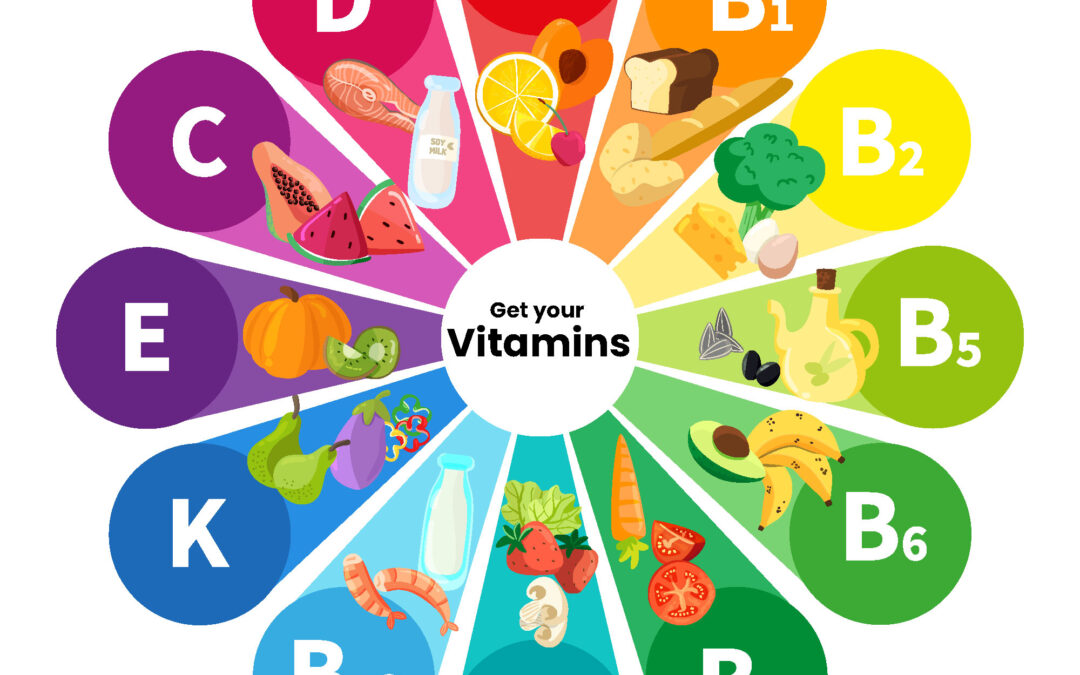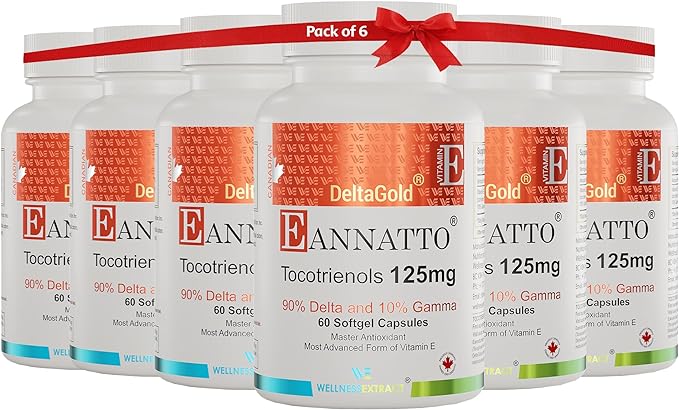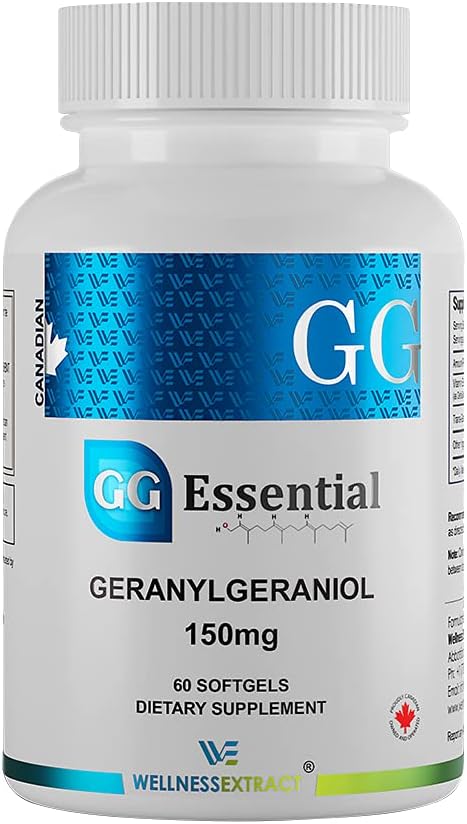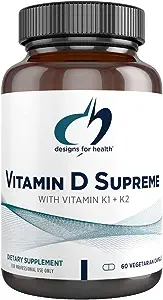Introduction Of Vitamins
Vitamins are organic compounds vital for maintaining optimal health. They play a critical role in various body functions such as immunity, digestion, and metabolism.
While our bodies can produce some vitamins, most of them must be obtained from our diet. Each vitamin has a unique role and function, making it essential to have a balanced intake to ensure the body functions efficiently.
What is Optimal Health?
Optimal health refers to the state of being at one’s peak physical and mental health. It is not merely the absence of disease or infirmity but involves a balanced and holistic approach to health.
That includes a well-functioning body, a sharp mind, emotional well-being, and a positive social outlook. Achieving optimal health often requires a balanced diet, regular physical activity, adequate rest, and positive social interactions.
It is a dynamic process of change and growth that is unique to each individual.
Vitamins protect against illness and premature Aging
The protective role of vitamins against illnesses and premature aging can’t be overstated.
Vitamins like A, C, and E, often termed as ‘antioxidant vitamins’, aid in neutralizing harmful free radicals in our body that accelerate aging and cause serious illnesses.
Vitamin D strengthens our immune system, reducing the risk of autoimmune diseases and infections. Vitamins B-6, B-12, and folate help regulate cellular metabolism and DNA synthesis, playing a crucial role in preventing changes that lead to aging and cancer.
Thus, maintaining an adequate intake of these vitamins through food or supplements can help protect against various ailments and slow down the aging process.

How vitamins impact on Immunity, Digestion and Mental health
Vitamins play an instrumental role in bolstering immunity, aiding digestion, and promoting mental health. Vitamin C, for instance, enhances the production of white blood cells, which are pivotal in fighting off infections. Vitamin A maintains the health of our skin and mucous membranes – our body’s first line of defense against pathogens. Vitamin E helps to neutralize free radicals that can damage cells and impede immune function.
In terms of digestion, vitamins are equally crucial. The B vitamins, including B1 (thiamin), B2 (riboflavin), B3 (niacin), B5 (pantothenic acid), B6 (pyridoxine), B7 (biotin), and B9 (folic acid), assist in breaking down carbohydrates, proteins, and fats, and converting them into energy the body can utilize. They also aid in producing red blood cells, which transport oxygen and nutrients throughout the body.
When it comes to mental health, certain vitamins play a vital role as well. B-vitamins, particularly B6, B9 (folate), and B12, are involved in the production and regulation of neurotransmitters, like serotonin, which influence mood and cognitive function. A deficiency in these vitamins can lead to depression and cognitive decline. Vitamin D is also essential for brain health, with deficiencies linked to an increased risk of mood disorders, including depression and anxiety.
Hence, adequate intake of vitamins is critical for maintaining overall mental wellness.
Two Broad Classifications Of Vitamins.
Essential Vitamins
Essential Vitamins are those that the body cannot produce on its own, or in sufficient quantity, and therefore must be obtained from the diet.
These include 13 vitamins: A, C, D, E, K, and the B vitamins (thiamine (B1), riboflavin (B2), niacin (B3), pantothenic acid (B5), pyridoxine (B6), biotin (B7), folate (B9), and cobalamin (B12)).
Each of these vitamins plays a crucial role in maintaining good health and wellbeing.
For instance, Vitamin A is essential for vision, Vitamin D for calcium absorption and bone health, and B vitamins are vital for energy metabolism.
Vitamin C is vital for collagen production and boosts the immune system, while Vitamin E acts as a potent antioxidant, protecting our cells from damage.
Vitamin K is necessary for blood clotting, and Folate or B9 is critical for cell growth and metabolism.
Non-Essential Vitamins
Non-Essential Vitamins are vitamins that our bodies can produce in sufficient quantities, so it’s not essential to obtain them from the diet.
An example of a non-essential vitamin is Vitamin D, which our skin can synthesize when exposed to sunlight.
However, it’s important to note that while our body can produce Vitamin D, inadequate sun exposure, particularly during winter months, can lead to a deficiency.
Thus, it’s still often necessary to get this vitamin from dietary sources or supplements.
How Vitamins Affects The Emotional Well Being?
Vitamins have significant impact on emotional well-being. Vitamin B complex, particularly B6, B9 (folate), and B12, are key in the production and regulation of chemicals in the brain called neurotransmitters.
These neurotransmitters, such as serotonin, dopamine, and gamma-aminobutyric acid (GABA), play pivotal roles in mood regulation and cognitive function.
Deficiencies in these vitamins can lead to mood disorders, including depression and anxiety. Moreover, Vitamin D has been linked to mood regulation, and its deficiency is correlated with higher rates of depression and other mood disorders.
Additionally, the antioxidant properties of vitamins like C and E can help combat oxidative stress in the brain, which has been linked to mental health disorders.
Thus, maintaining an adequate intake of these vitamins through diet or supplements is crucial for emotional well-being.



